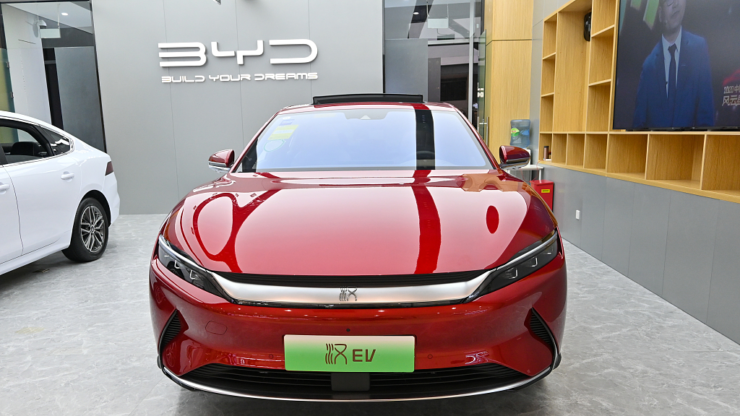Unbelievable stuff
Just in the state of Ceara:
Deal signed w/ Mingyang, SPIC, PowerChina, Envision, BOC & HW for renewables, green hydrogen & tech
For many years ever since I saw Jeremy Clarkson introducing Toyota's H2-powered car on Top Gear back in the 2000s, I have always believed that Japan is the indisputable leader in the green H2 energy of the world, and would remain so for many years or even decades to come. Nobody could ever come close to beating Japan in hydrogen technology, as they are the real pioneer of the field.So, huge cooperation bw China and Brazil in power sector, especially projects involved in energy transition. That's kind of what Saudis are getting from China also. Main diff being Saudis want solar->H2 and Brazilians want offshore wind->H2
If you don't appreciate the important of green H2, just see how many gov't are eager to sign H2 deals with China.
Who knows China would suddenly rush into the room, roughly push Japan aside and claim the title of global leader in H2 technology in a whim. Truly unbelievable...
Kudos to China!


